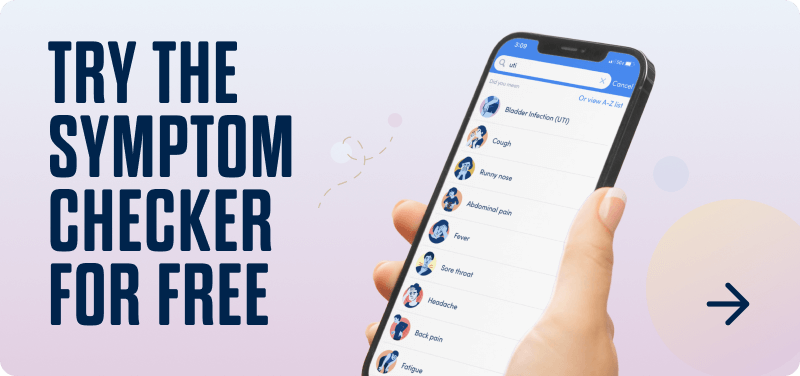BENAZEPRIL (ben AY ze pril) treats high blood pressure. It works by relaxing blood vessels, which decreases the amount of work the heart has to do. It belongs to a group of medications called ACE inhibitors.
What should I tell my care team before I take this medication?
They need to know if you have any of these conditions:
Bone marrow disease
Heart or blood vessel disease
If you are on a special diet, such as a low salt diet
Immune system disease like lupus
Kidney or liver disease
Low blood pressure
Previous swelling of the tongue, face, or lips with difficulty breathing, difficulty swallowing, hoarseness, or tightening of the throat
An unusual or allergic reaction to benazepril, insect venom, other medications, foods, dyes, or preservatives
Pregnant or trying to get pregnant
Breast-feeding
How should I use this medication?
Take this medication by mouth. Take it as directed on the prescription label at the same time every day. You can take it with or without food. If it upsets your stomach, take it with food. Keep taking it unless your care team tells you to stop.
Talk to your care team about the use of this medication in children. While it may be prescribed for children as young as 6 for selected conditions, precautions do apply.
What if I miss a dose?
If you miss a dose, take it as soon as you can. If it is almost time for your next dose, take only that dose. Do not take double or extra doses.
Need a prescription? Chat with one of our doctors, 24/7
CHAT NOWWhat may interact with this medication?
Do not take this medication with any of the following:
Sacubitril; valsartan
This medication may also interact with the following:
Diuretics
Everolimus
Lithium
Medications for high blood pressure
NSAIDs, medications for pain and inflammation, like ibuprofen or naproxen
Potassium salts or potassium supplements
Sirolimus
Temsirolimus
What side effects may I notice from receiving this medication?
Side effects that you should report to your care team as soon as possible:
Allergic reactions or angioedema—skin rash, itching or hives, swelling of the face, eyes, lips, tongue, arms, or legs, trouble swallowing or breathing
High potassium level—muscle weakness, fast or irregular heartbeat
Kidney injury—decrease in the amount of urine, swelling of the ankles, hands, or feet
Liver injury—right upper belly pain, loss of appetite, nausea, light-colored stool, dark yellow or brown urine, yellowing skin or eyes, unusual weakness or fatigue
Low blood pressure—dizziness, feeling faint or lightheaded, blurry vision
Side effects that usually do not require medical attention (report to your care team if they continue or are bothersome):
Cough
Dizziness
Drowsiness
Headache
What should I watch for while using this medication?
Visit your care team for regular checks on your progress. Check your blood pressure as directed. Ask your care team what your blood pressure should be and when you should contact them. Call your care team if you notice an irregular or fast heart beat.
Women should inform their care team if they wish to become pregnant or think they might be pregnant. There is a potential for serious side effects to an unborn child. Talk to your care team or pharmacist for more information.
Check with your care team if you get an attack of severe diarrhea, nausea and vomiting, or if you sweat a lot. The loss of too much body fluid can make it dangerous for you to take this medication.
You may get drowsy or dizzy. Do not drive, use machinery, or do anything that needs mental alertness until you know how this medication affects you. Do not stand or sit up quickly, especially if you are an older patient. This reduces the risk of dizzy or fainting spells. Alcohol can make you more drowsy and dizzy. Avoid alcoholic drinks.
Avoid salt substitutes unless you are told otherwise by your care team.
Do not treat yourself for coughs, colds, or pain while you are taking this medication without asking your care team for advice. Some ingredients may increase your blood pressure.
Where should I keep my medication?
Keep out of the reach of children and pets.
Store at room temperature below 30 degrees C (86 degrees F). Protect from moisture. Keep the container tightly closed. Throw away any unused medication after the expiration date.
K Health articles are all written and reviewed by MDs, PhDs, NPs, or PharmDs and are for informational purposes only. This information does not constitute and should not be relied on for professional medical advice. Always talk to your doctor about the risks and benefits of any treatment.
This information is educational only and should not be construed as specific instructions for individual patients nor as a substitute for medical advice, diagnosis or treatment. Talk to your health care provider or pharmacist about the information and instructions. K Health assumes no liability for any use or reliance on this information.
